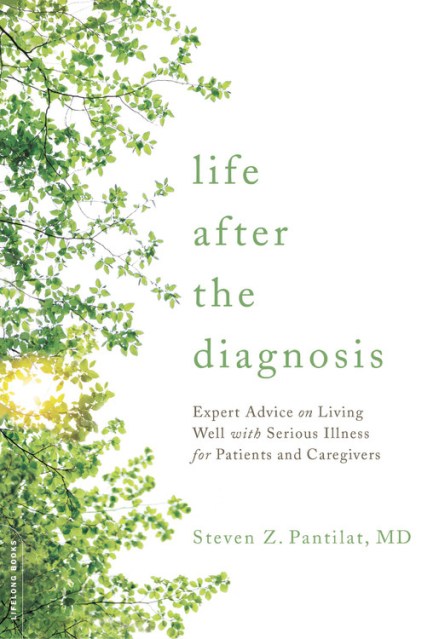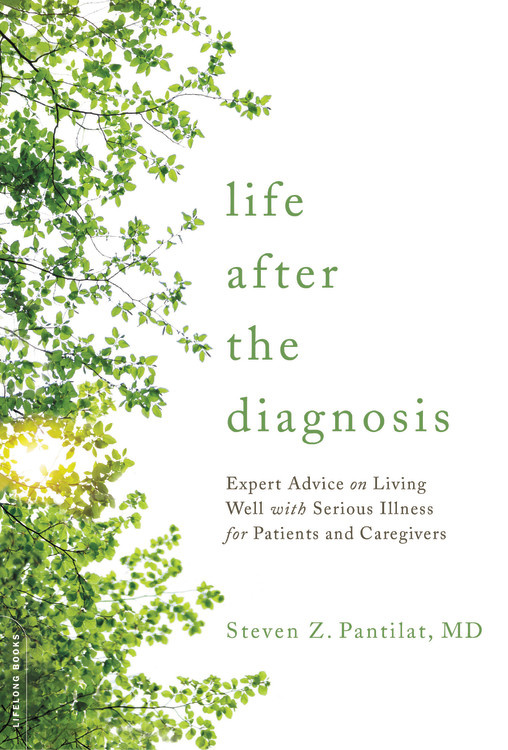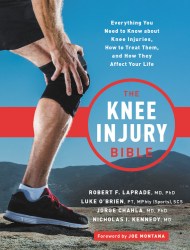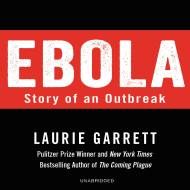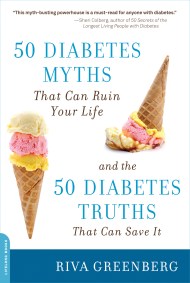By clicking “Accept,” you agree to the use of cookies and similar technologies on your device as set forth in our Cookie Policy and our Privacy Policy. Please note that certain cookies are essential for this website to function properly and do not require user consent to be deployed.
Life after the Diagnosis
Expert Advice on Living Well with Serious Illness for Patients and Caregivers
Contributors
Formats and Prices
- On Sale
- Feb 14, 2017
- Page Count
- 368 pages
- Publisher
- Balance
- ISBN-13
- 9780738219387
Price
$21.99Price
$28.99 CADFormat
Format:
Trade Paperback $21.99 $28.99 CADThis item is a preorder. Your payment method will be charged immediately, and the product is expected to ship on or around February 14, 2017. This date is subject to change due to shipping delays beyond our control.
Buy from Other Retailers:
In Life After the Diagnosis, Dr. Steven Z. Pantilat, a renowned international expert in palliative care demystifies the medical system for patients and their families. He makes sense of what doctors say, what they actually mean, and how to get the best information to help make the best medical decisions. Dr. Pantilat covers everything from the first steps after the diagnosis and finding the right caregiving and support, to planning your future so your loved ones don’t have to. He offers advice on how to tackle the most difficult treatment decisions and discussions and shows readers how to choose treatments that help more than they hurt, stay consistent with their values and personal goals, and live as well as possible for as long as possible.
Genre:
-
"An invaluable book for those struggling to live well with an incurable disease, written by a doctor's doctor - the sort of fellow that physicians seek out for their own care."Abraham Verghese, MD, Professor and Vice Chair, Stanford University Department of Medicine
-
"During the times of uncertainty and fear that follow a serious diagnosis, this book arrives like a guardian angel. I will recommend it to all my patients, and will keep it close to hand for me and my family too."Diane E. Meier, MD, Director, Center to Advance Palliative Care
-
"A straightforward and honest guide."Mark Ganz, President and CEO, Cambia Health Solutions
-
"Life After the Diagnosis sets out practical advice for planning and sound recommendations for sorting through complex difficult decisions. If you or someone you love has received a bad diagnosis, take Dr. Pantilat¹s book along as you journey through healthcare and life with illness."Ira Byock, MD, palliative care physician, Founder, Providence Institute for Human Caring, and author of Dying Well and The Best Care Possible
Newsletter Signup
By clicking ‘Sign Up,’ I acknowledge that I have read and agree to Hachette Book Group’s Privacy Policy and Terms of Use
